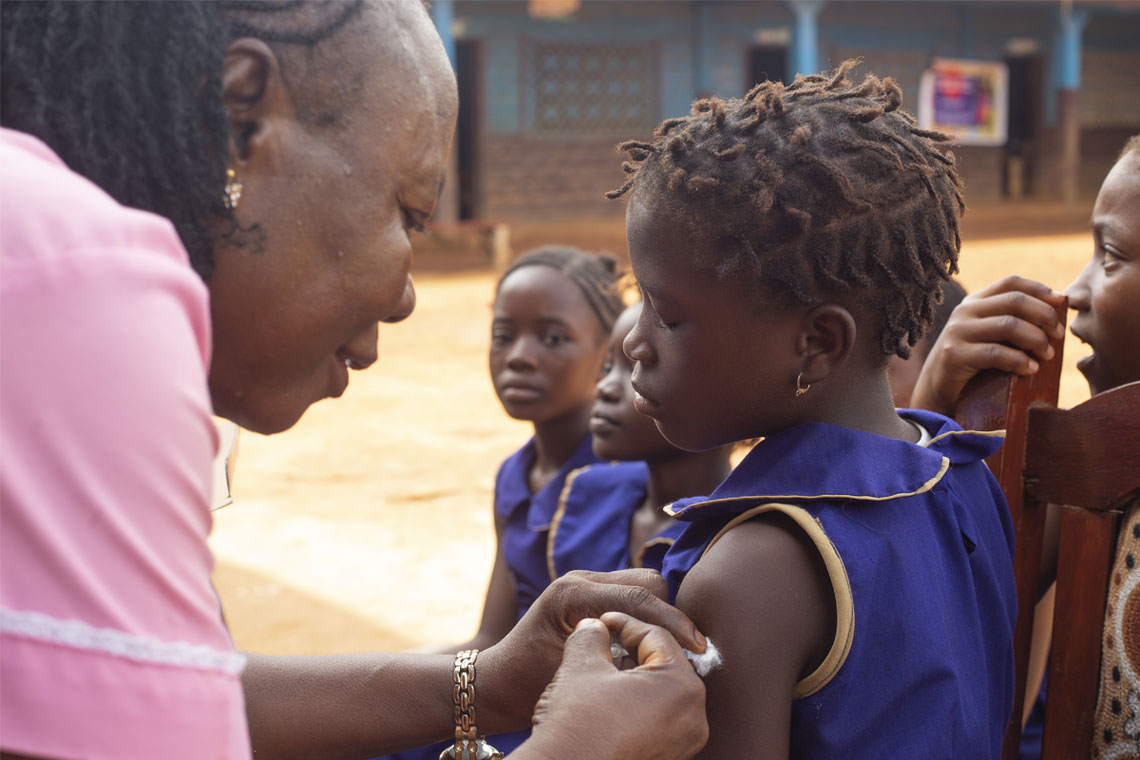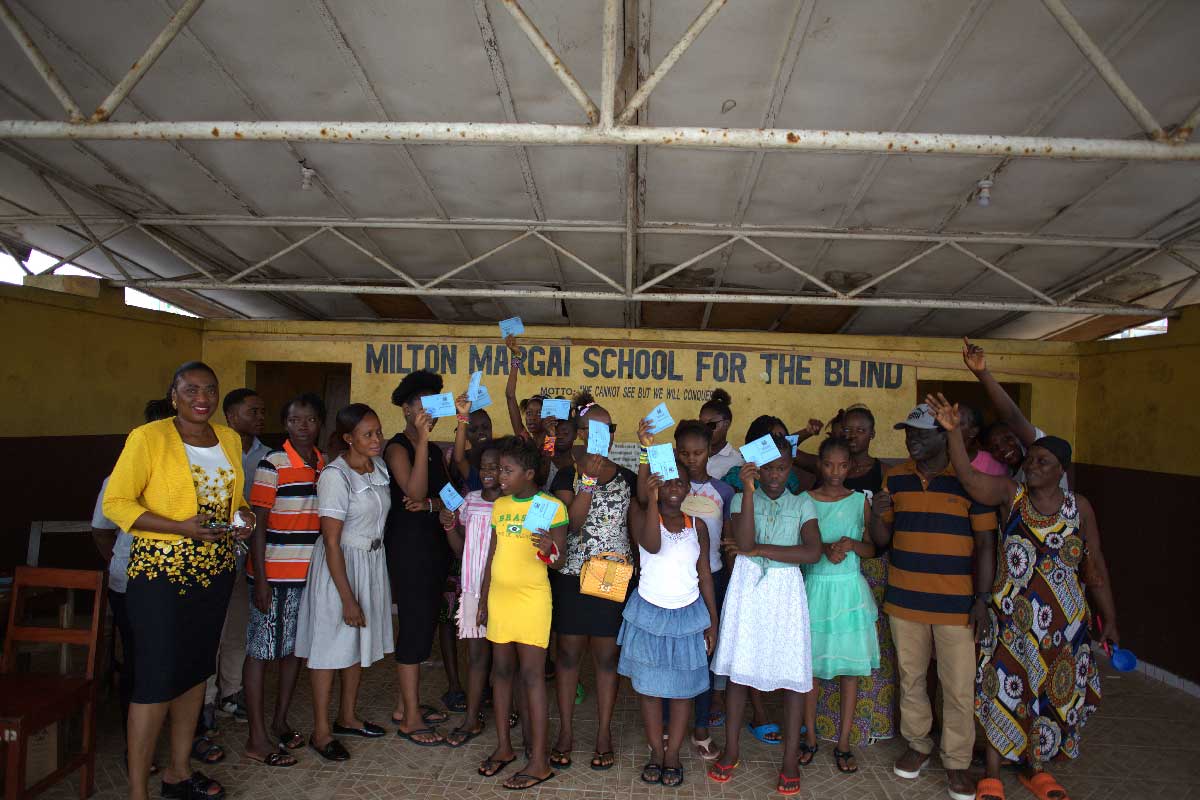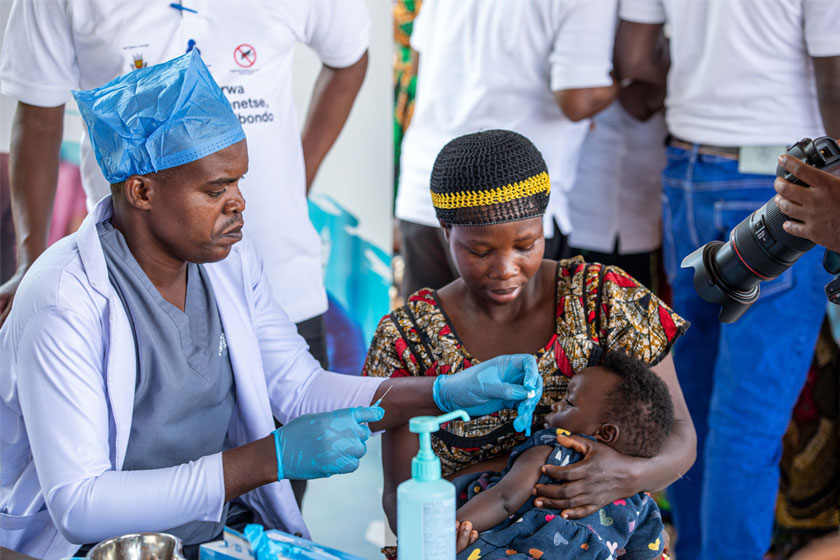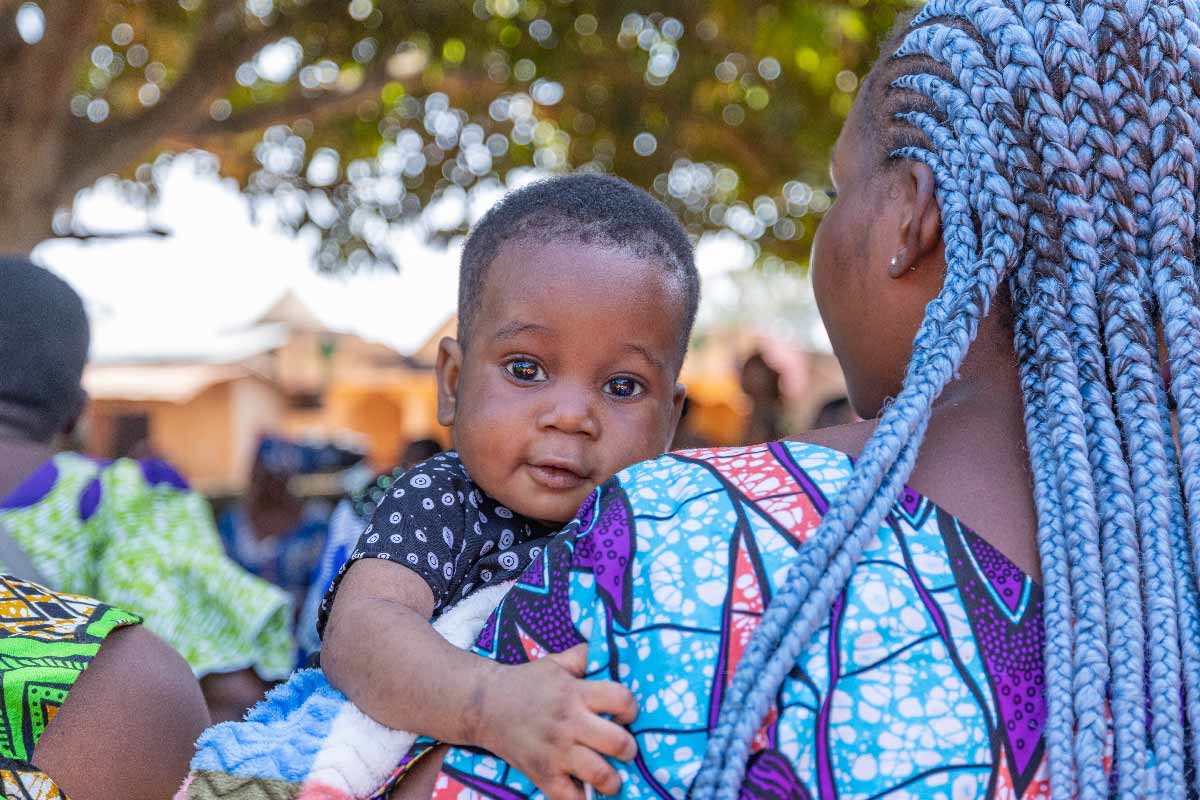Eight recommendations to shape the future of immunisation
Over 120 representatives of governments, CSOs and health organisations gathered in Lomé, Togo, in late February to help shape Gavi’s next five-year strategy. We look at their key recommendations.
- 4 April 2024
- 5 min read
- by Gavi Staff
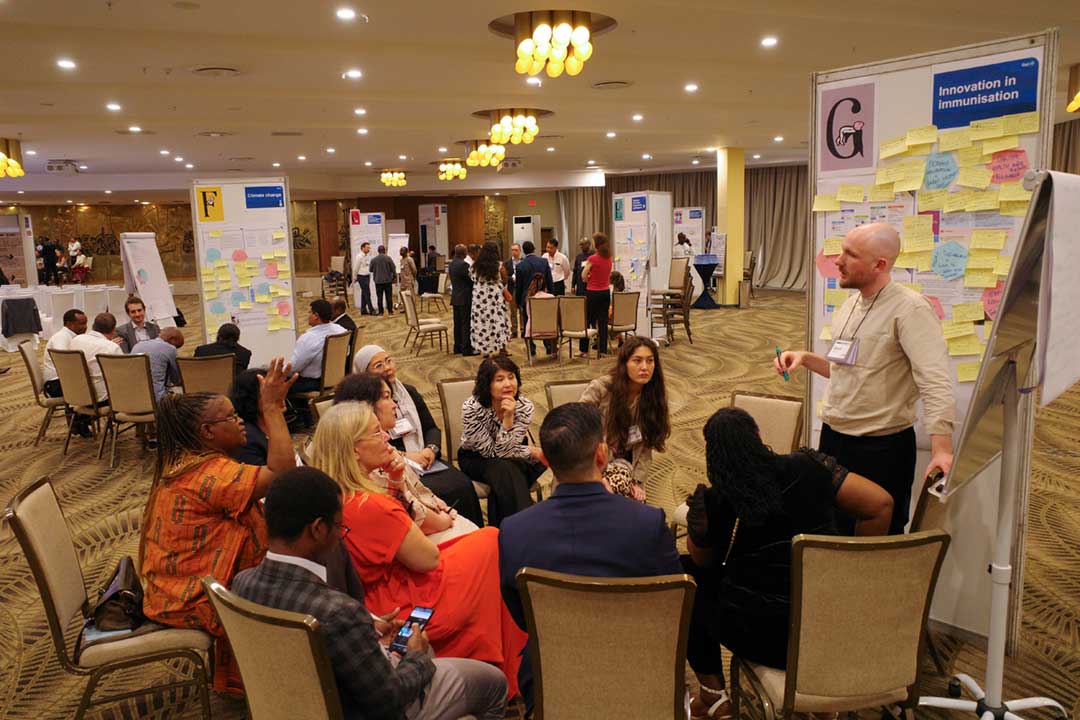
In June this year Gavi's Board will meet to finalise Gavi's sixth five-year strategy, which will take the Alliance through 2026–2030.
It will set out Gavi's approach to introducing new vaccines, strengthening health systems and routine immunisation, supporting innovation, and reaching under-immunised children. That moment will be the culmination of more than 15 months of design, deliberation and, crucially, consultation.
To ensure that the new strategy responds to the needs of the countries that Gavi supports, those countries have had a major say in how the strategy is shaped, feeding into the process through the largest consultative process that Gavi has undertaken to date.
Participants wanted to see special emphasis placed on greater involvement of local civil society organisations to reach zero-dose children
In March 2024, a major milestone in that process was reached when more than 120 representatives from implementing country governments, civil society organisations (CSOs), and core and expanded Alliance partners convened in Lomé, Togo, for a strategy workshop. The discussions were wide-ranging and rich. Bvudzai Magadzire, from Village Reach, captured the collaborative mood, noting that it had been "really interesting to share ideas, to co-create what we think will be instrumental for [the new strategy]".
At the workshop, attendees were tasked with creating a recommendation for the Gavi Alliance Board on the priorities and trade-offs to consider for Gavi 6.0. A team of country representatives from Cameroon, Sri Lanka and Togo summarised them as follows:
1. Gavi's strategy should be ambitious
Participants felt that Gavi should stay true to its original mission and aim to support countries to reach millions of people with life-saving vaccines to prevent millions of deaths, with a focus on marginalised and hard-to-reach communities. Participants felt strongly that Gavi 6.0 should be ambitious, both in terms of its aims for new vaccine introductions and in its plans for health system strengthening for immunisation, leaving no one behind.
2. However, it is important to strike a balance between ambition and prioritisation
Participants were also realistic about the potentially constrained funding environment for the 6.0 period, varying countries' capacities and the need to support countries to complete the scaling up of existing programmes. Their overarching recommendation was therefore that ambition should be married with an appreciation of the need for strategic pacing and prioritisation.
3. Reaching zero-dose children remains mission-critical
The zero-dose agenda remains central to countries' priorities, and they expressed the need for robust community engagement and the integration of vaccine delivery with primary health care services as essential parts of a renewed strategy to reach children and marginalised communities currently underserved by immunisation programmes.
4. Gavi's eligibility criteria may need to evolve to capture nuance
At present,Gavi supports the world's poorest countries based on a World Bank measure of their national income. Governments who receive Gavi support finance a fraction of the needed doses from domestic funding, and as national income levels grow, the degree of co-financing by governments increases. But there have been discussions about whether this model is still the most effective or sustainable solution in light of changing macro-economic trends, global threats and the increase over time in the number of vaccines that Gavi supports. At the workshop, participants suggested giving increased weight to considerations around programmatic readiness and criteria that capture a more holistic view of national needs and capacities than are reflected by measures of gross national income.
5. Flexible support is key for effective outbreak, epidemic and pandemic prevention, preparedness and response
Reflecting on Gavi's support for outbreaks, including recently for cholera, diptheria and measles, countries stressed the important of flexible contingency funds and stockpiles. Some participants also encouraged a greater role for Gavi in incentivising vaccines for high-risk outbreak diseases and surveillance for vaccine-preventable diseases.
6. Localisation, collaboration, and partnerships are crucial to reaching the unreached
Participants felt that new approaches and partnerships, including with other funders, would be crucial to accelerate efforts to reach marginalised communities. In particular, participants wanted to see special emphasis placed on greater involvement of local civil society organisations to reach zero-dose children, as well as strengthened partnerships with humanitarian organisations in settings affected by conflict and fragility.
7. Simpler is better when it comes to the grant operating model
Stakeholders were keen for Gavi to simplify the grant application and management processes, and for Gavi support to be aligned with national immunisation strategies and planning processes.
8. Innovation can open doors to immunisation
Participants felt that Gavi continues to be well-placed to support innovations like micro-array patches through its role as a market shaper, and placed particular emphasis on innovations in digital health infrastructure as a key enabler of community engagement to drive vaccine demand.
The recommendations will now go to the Gavi Board, who will meet again in April to consider the new strategy before the decisive June Board session. The finalisation of the strategy will be followed by the launch of Gavi's Investment Opportunity on 20 June, at a high-level event co-hosted in Paris by the Government of France, the African Union and Gavi, together with Team Europe partners, kicking off a period of intense engagement with donors from government, business and philanthropies aimed at securing enough support from donors to fund the Alliance's work to 2030.
